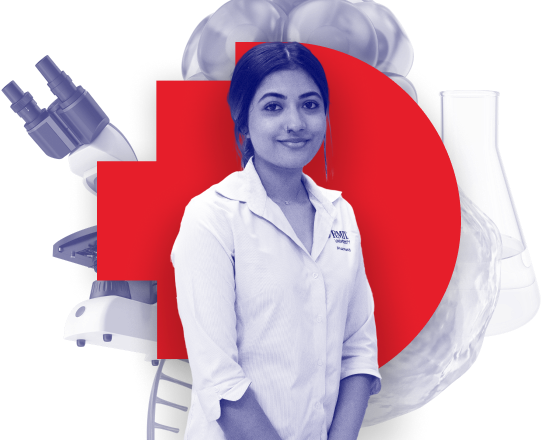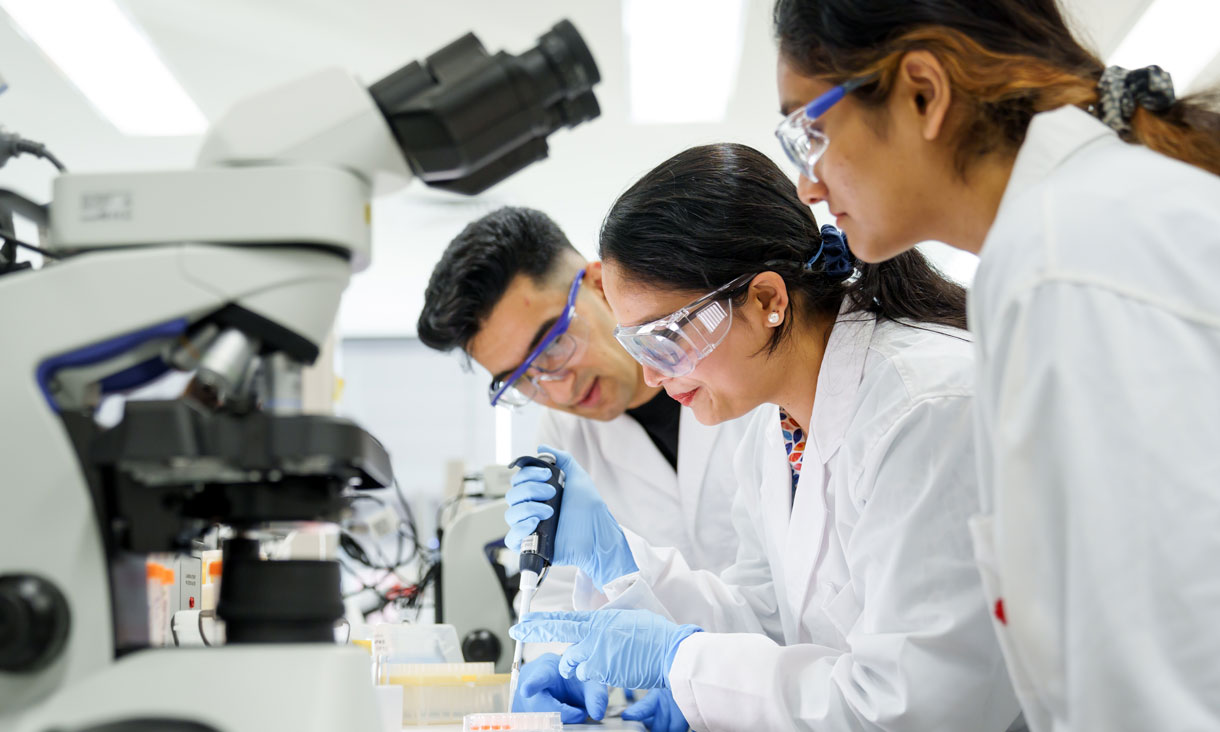An Australian bachelor degree or equivalent in a cognate discipline (laboratory medicine, biomedical or biological sciences or medicine) with a minimum Grade Point Average of 2.0 out of 4.0, and which includes studies of molecular biology or molecular pathology with a practical component at or above second year undergraduate level;
OR
An Australian bachelor degree or equivalent in a cognate discipline (laboratory medicine, biomedical or biological sciences or medicine) which includes studies of molecular biology or molecular pathology with a practical component with at or above second year undergraduate level; and at least five years (full-time equivalent) of relevant work experience in diagnostic pathology.
Note: Applicants will be selected competitively based on undergraduate and/or postgraduate grades, combined with relevant work experience.
If you wish to have industry or employment experience assessed as part of meeting the entry requirements you will need to provide a detailed CV/resume listing previous positions, dates of employment and position responsibilities; a statement from your employer confirming these details (or contact details of employer so RMIT can seek confirmation); and evidence of any relevant professional development undertaken.
The normal intake for the program is semester 2 (July).
Semester 1 commencement is only available to applicants who hold an undergraduate degree in Laboratory Medicine or; an undergraduate degree in Science or Biomedical Science with a third-year specialisation in Biochemistry or Microbiology.





